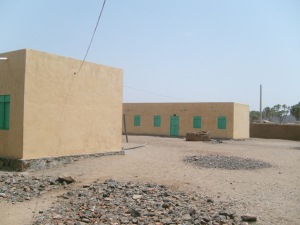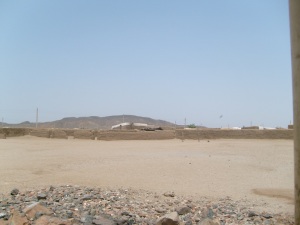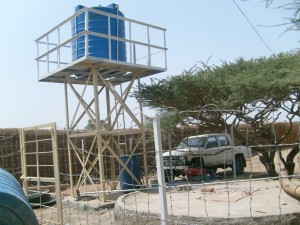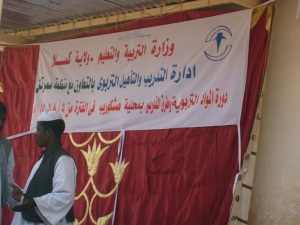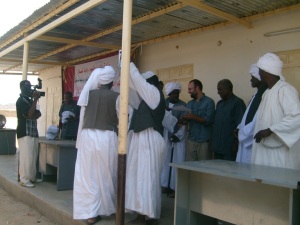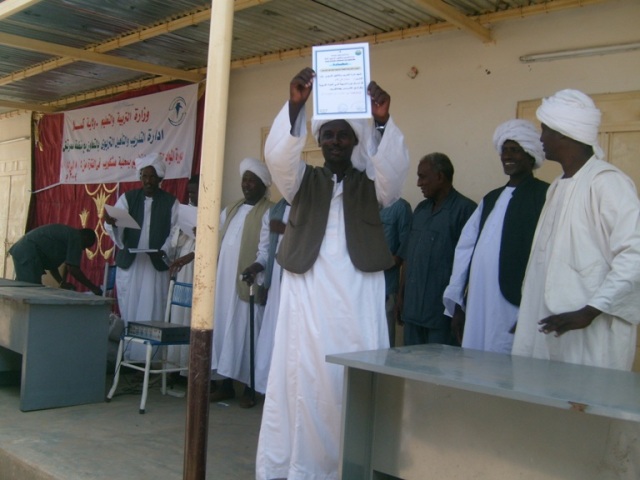The hills are alive in Sulaymaniyah… Sing it with me!
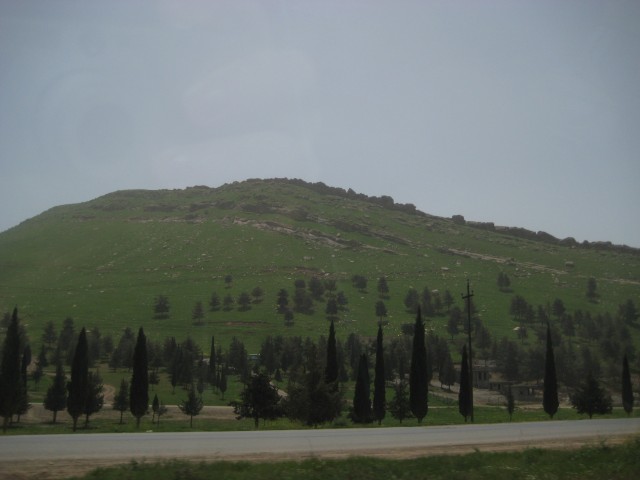
Last week, we got to drive west through the beautiful hills of central Kurdistan. If someone had blindfolded me, took me to these hills, took the blindfold off and asked me where I thought we was, I would say something like Ireland or something… certainly NOT in the Middle East. The drive was amazing. Thanks to all of the April showers that have been falling here, the wild flowers are in full bloom. Bright red poppies speckled the hillsides along with other flowers of every spring color you can imagine.
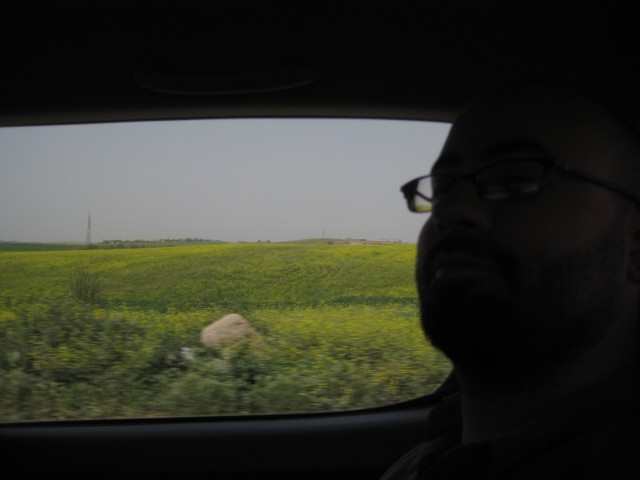
Driving through what was once ancient Mesopotamia, I couldn’t help but think about the events this soil has carried. These hills create the ground that is considered to be the cradle of civilization. The water that flows off of them flow into the Tigris and the Euphrates rivers. The history that these hills have supported is overwhelming… and the story is far from over.
Our road trip took us to the town of Shoresh. We visited a site that is being built as a large community center for the population of Shoresh and its surrounding communities. When we arrived we were greeted warmly by the staff who are building the community center and they welcomed us into a traditional Kurdish dining space where we feasted on a delicious meal with all the Middle East flavor we could hope for.
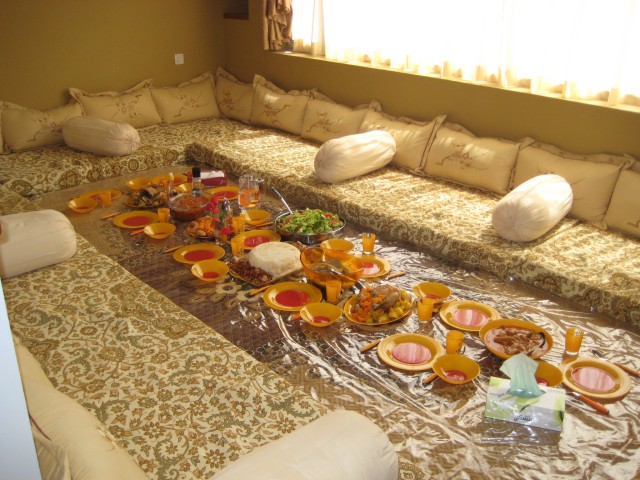
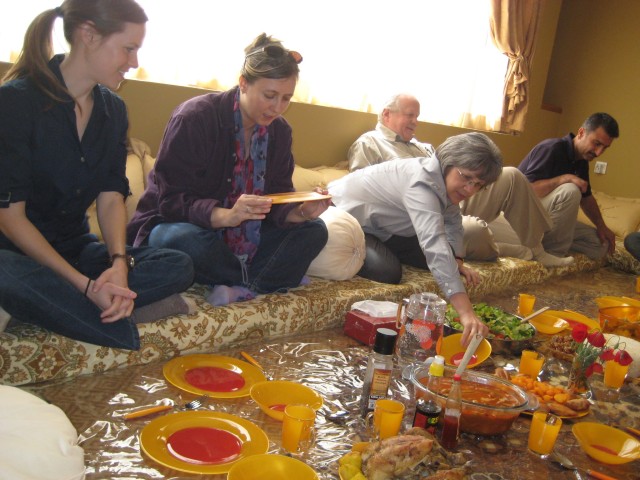
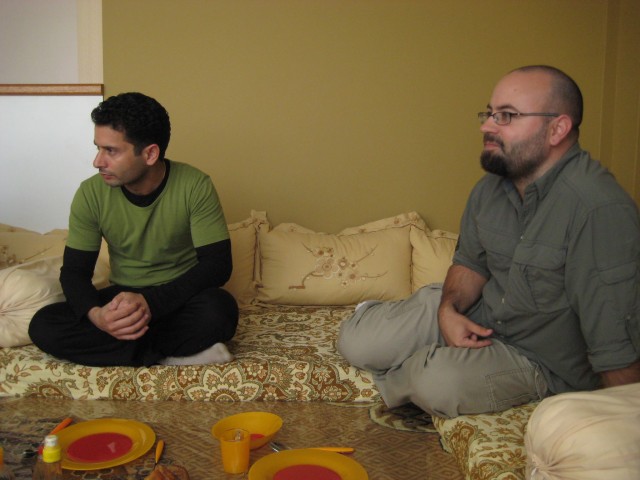
The wonderful thing about the way we were seated on the ground is that when we got full we simply reclined back and got dangerously close to slipping into a post-feast coma. We have learned quickly that every meal is followed by a glass of tea. It is very similar to the tea we drank in Sudan – black tea with a solid inch of sugar in it. With that kind of help , we can quickly say goodbye to post-lunch drowsiness!
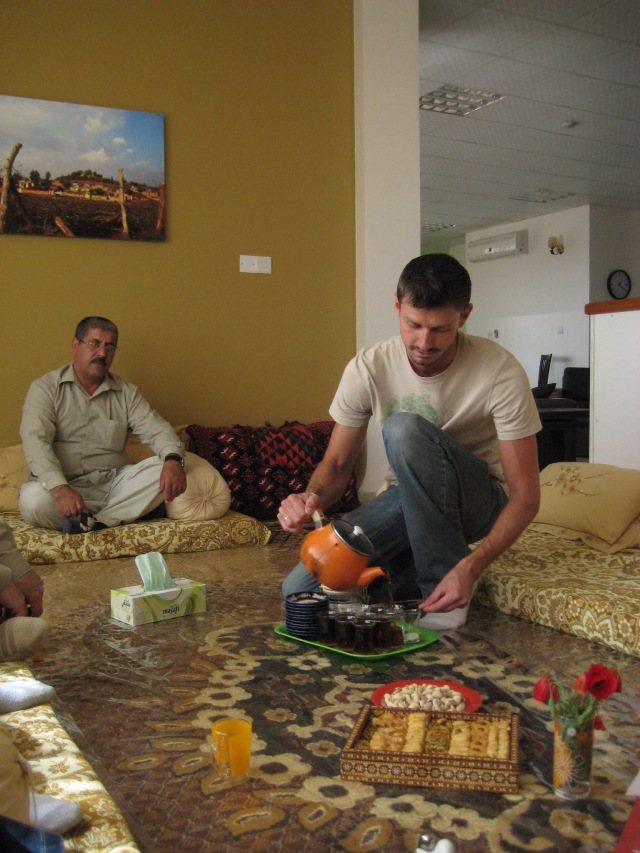
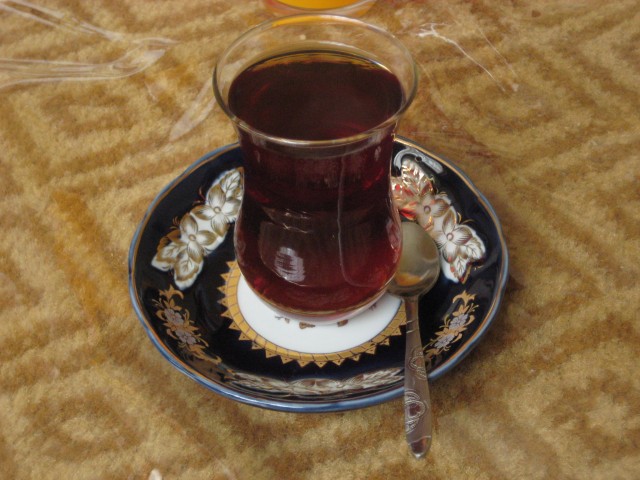
After our meal, we learned more about the town of Shoresh and why the community center is being built there. During Saddam Hussein’s reign, any men suspected of being involved in or supporting the Kurdish army – the Peshmerga – were taken and systematically killed. So basically males between the ages of 15 and 50 were killed, leaving thousands upon thousands of widows and orphans. The Iraqi regime then proceeded to gather the widows and orphans from all over the region and bring them to a new area, or a “collective”, and told that if they even attempted to go back to their homes they would also be killed. Without any infrastructure to speak of in these areas, Kurdish women from different tribes and areas were forced to fight for survival and start over. Shoresh was one of these collective areas. As is always the case in any conflict, it is the women and children who are the most vulnerable and Shoresh has been no exception. The people in this area still have very little health care and have had almost no education. Along with that there is a large population of elderly women who have no children or family left to take care of them. The community center we visited will have a hospital inside its facilities, classrooms for a variety of education opportunities and trainings, a sports center for youth and a conference room for larger meetings and trainings.
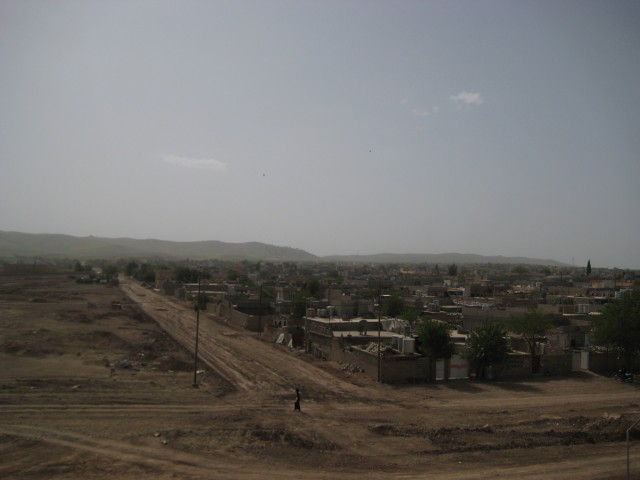
We went onto the roof of the community center and looked out over Shoresh. It was a heavy experience looking out over a town that established itself under the conditions it did. It is still hard for me to comprehend humanity’s capacity for division, hate and cruelty. And if these hills, that have carried, absorbed and observed so much, could say something about the patterns of humanity, what would they say. What advice would they give?
I lift my eyes to the Hills. Where does my help come from?

